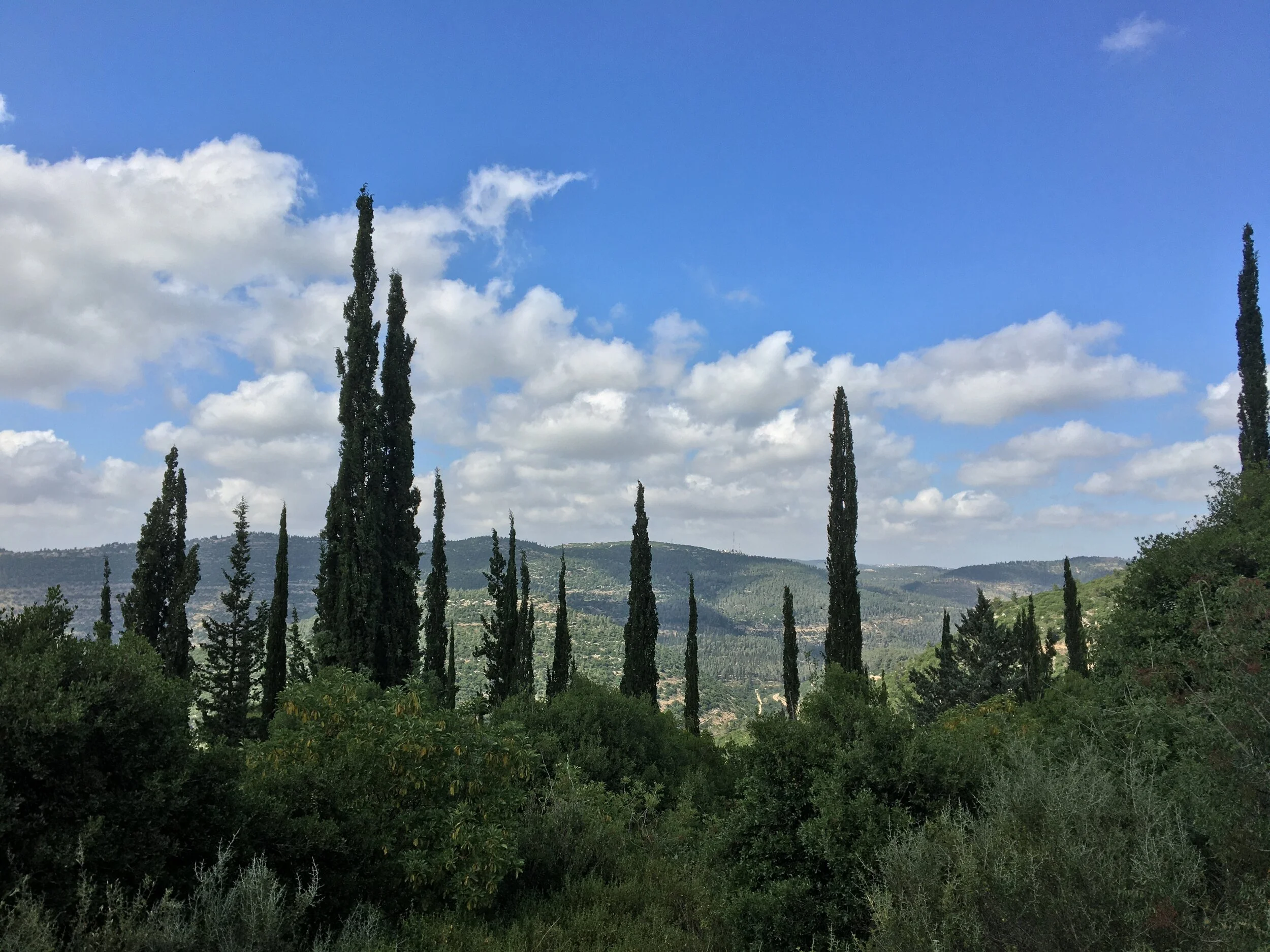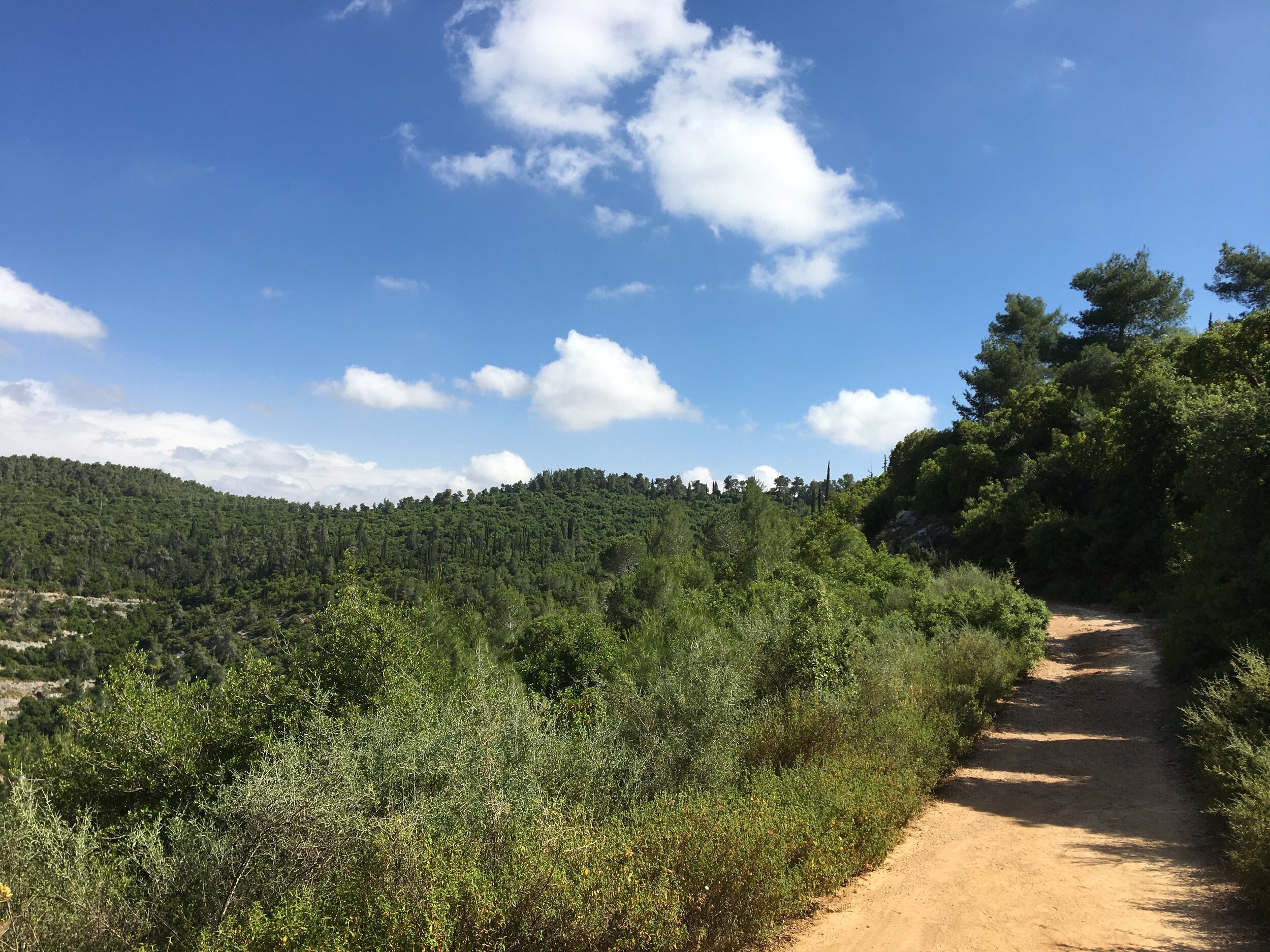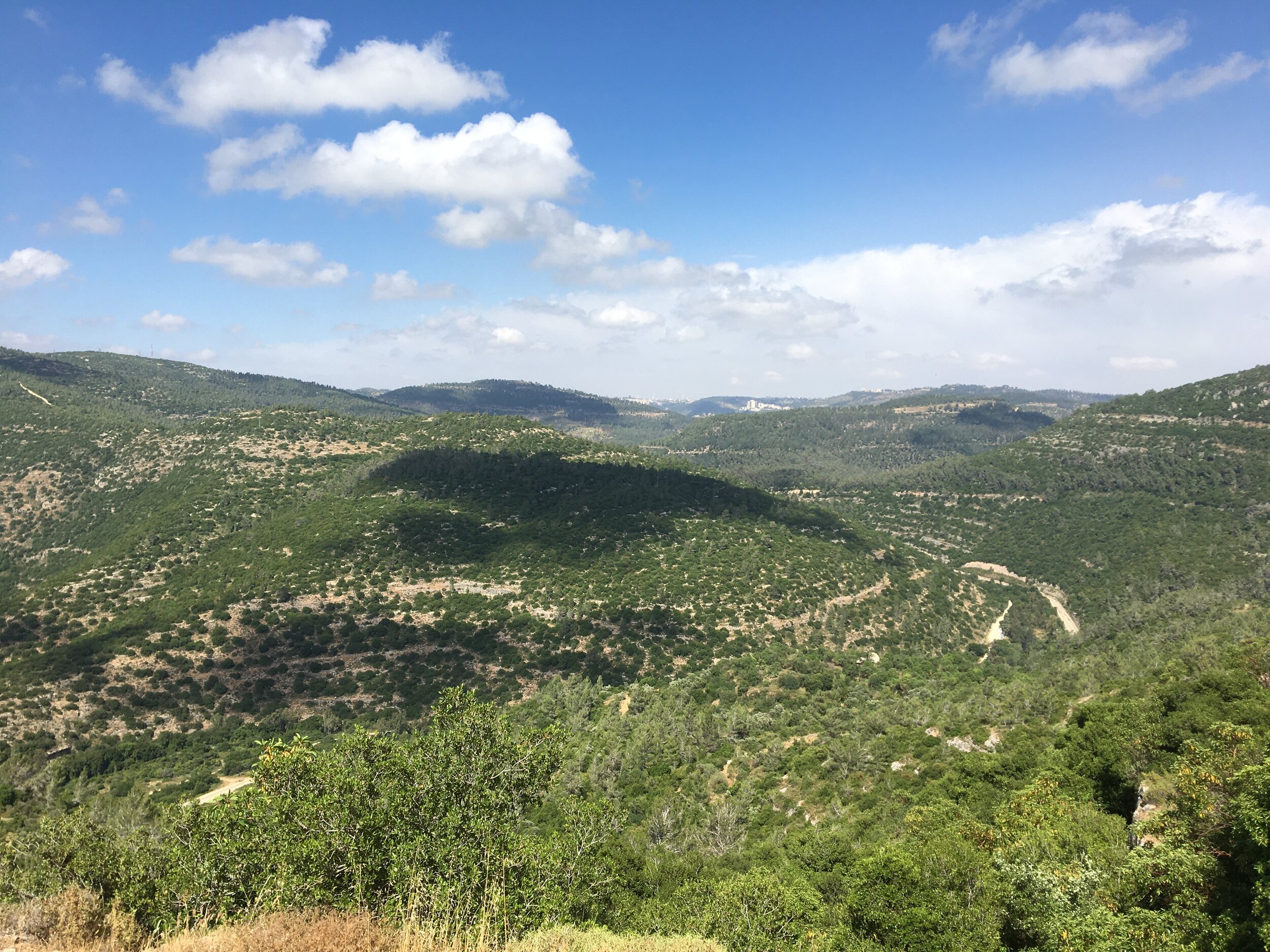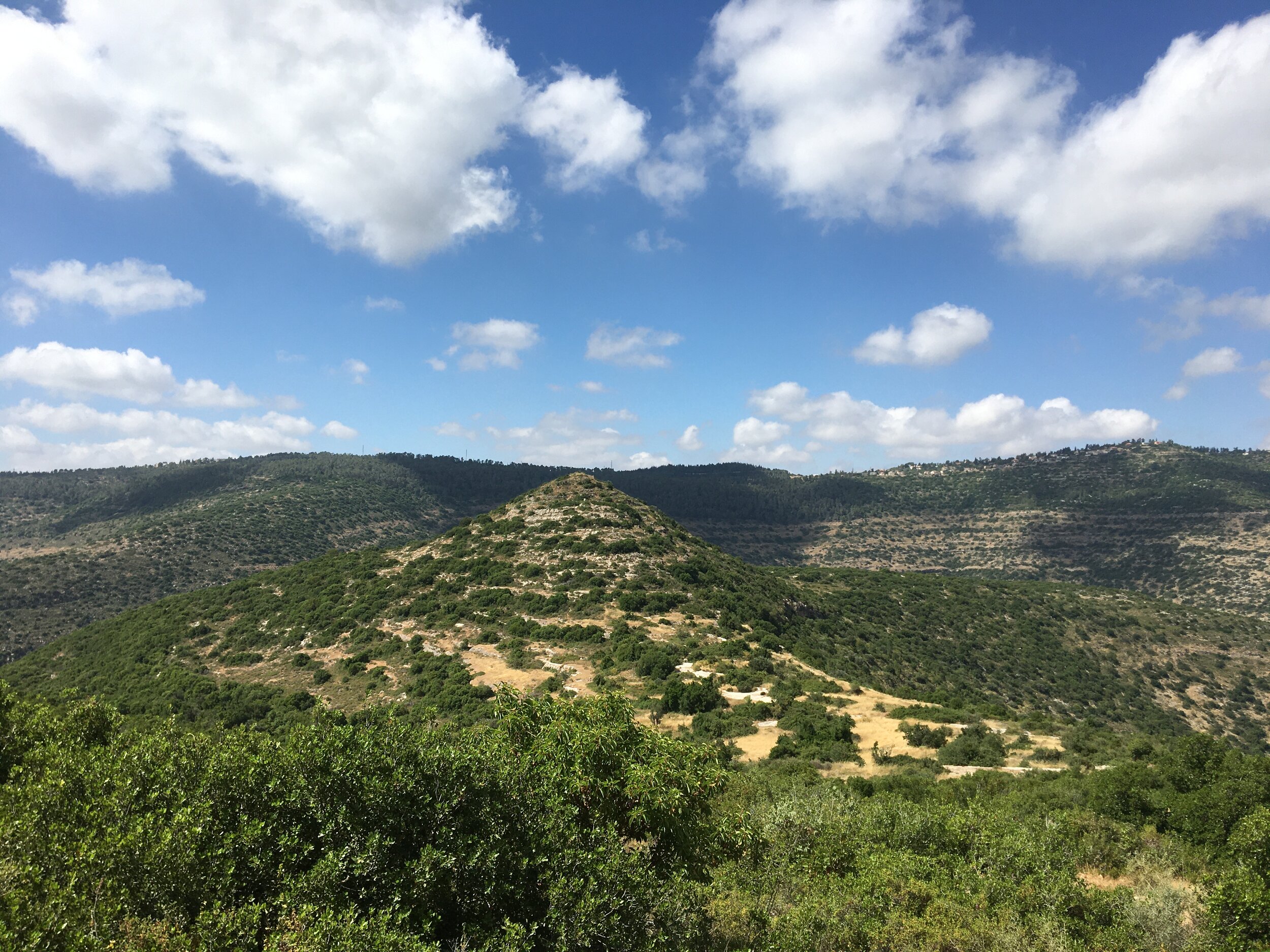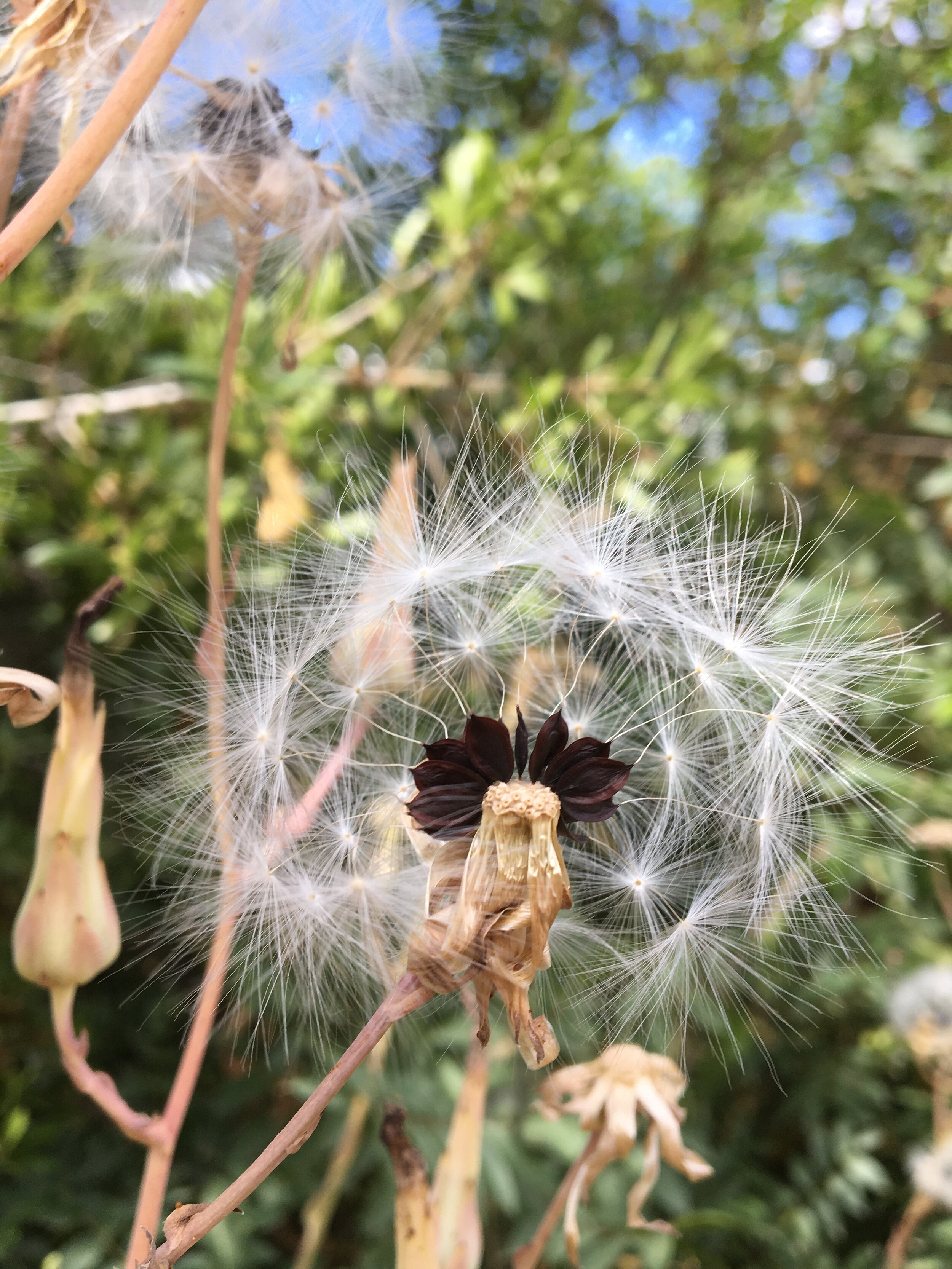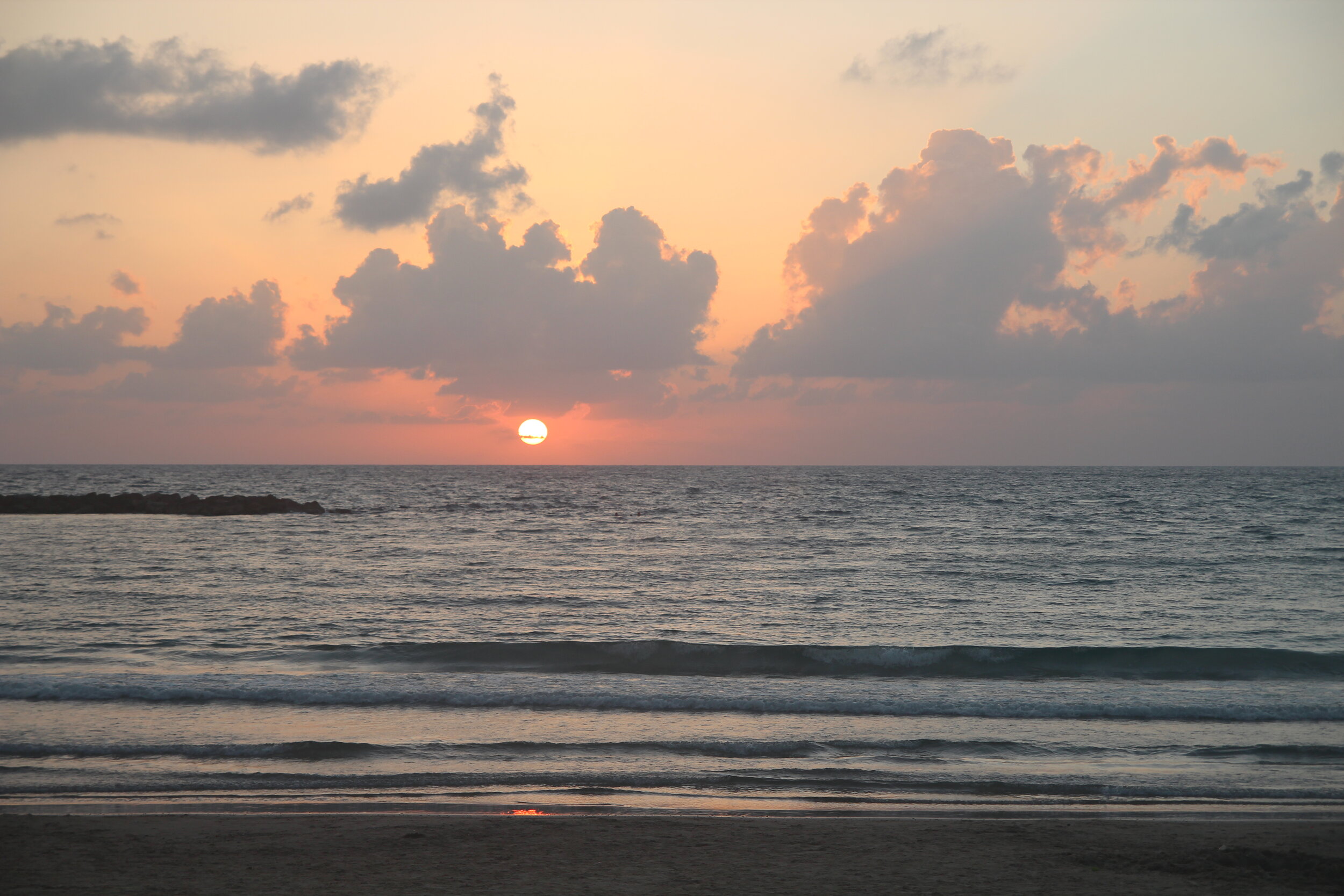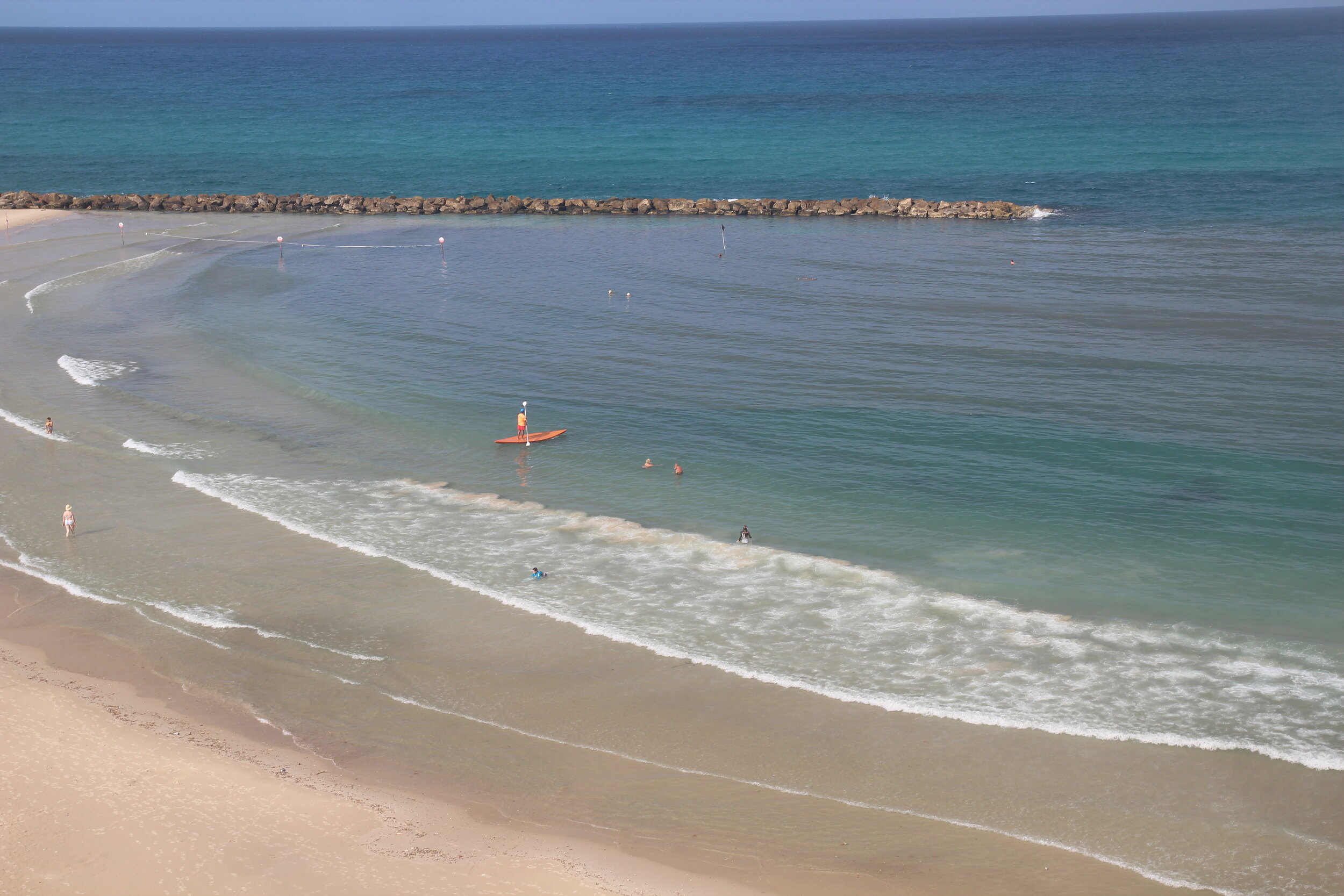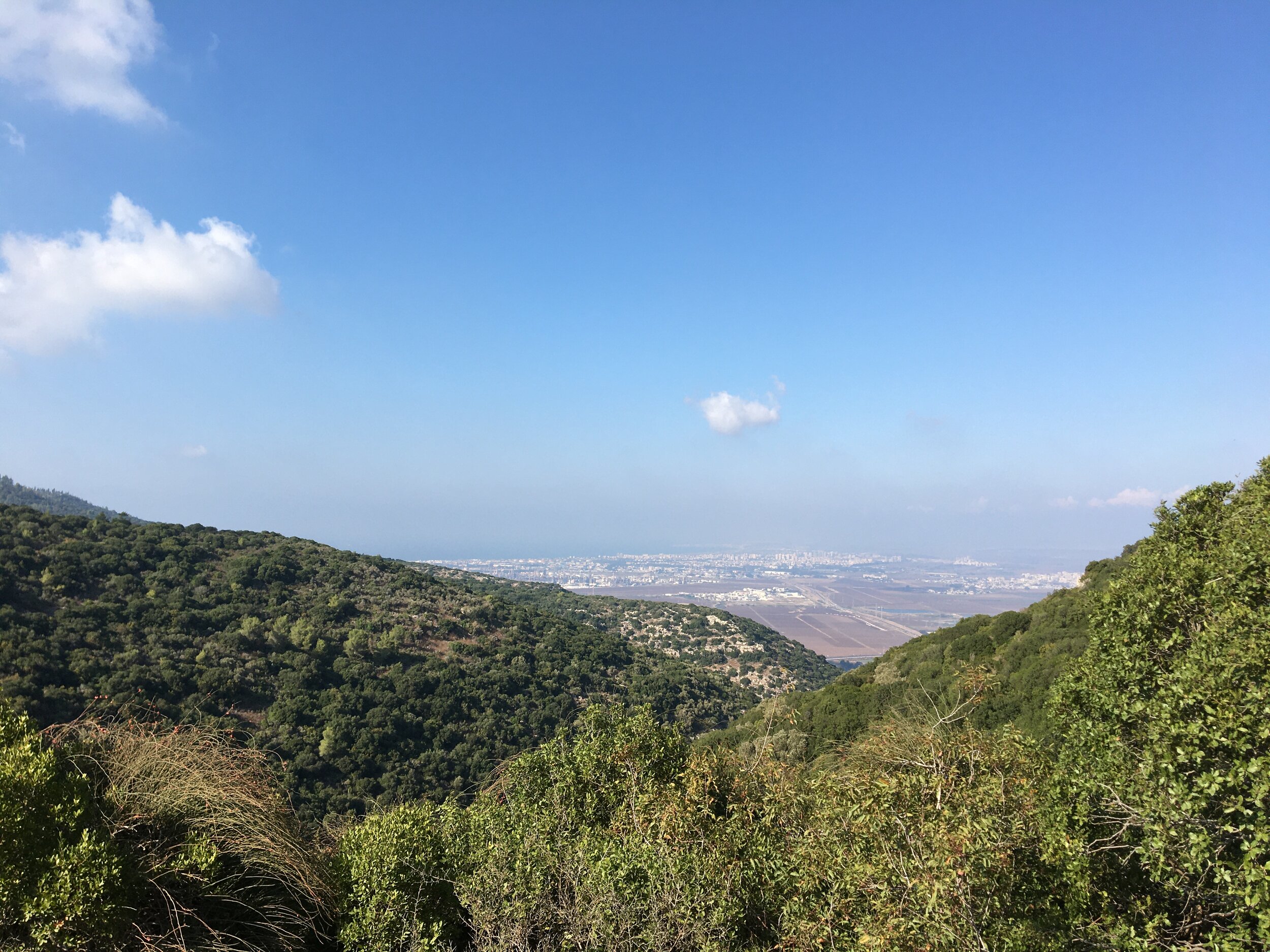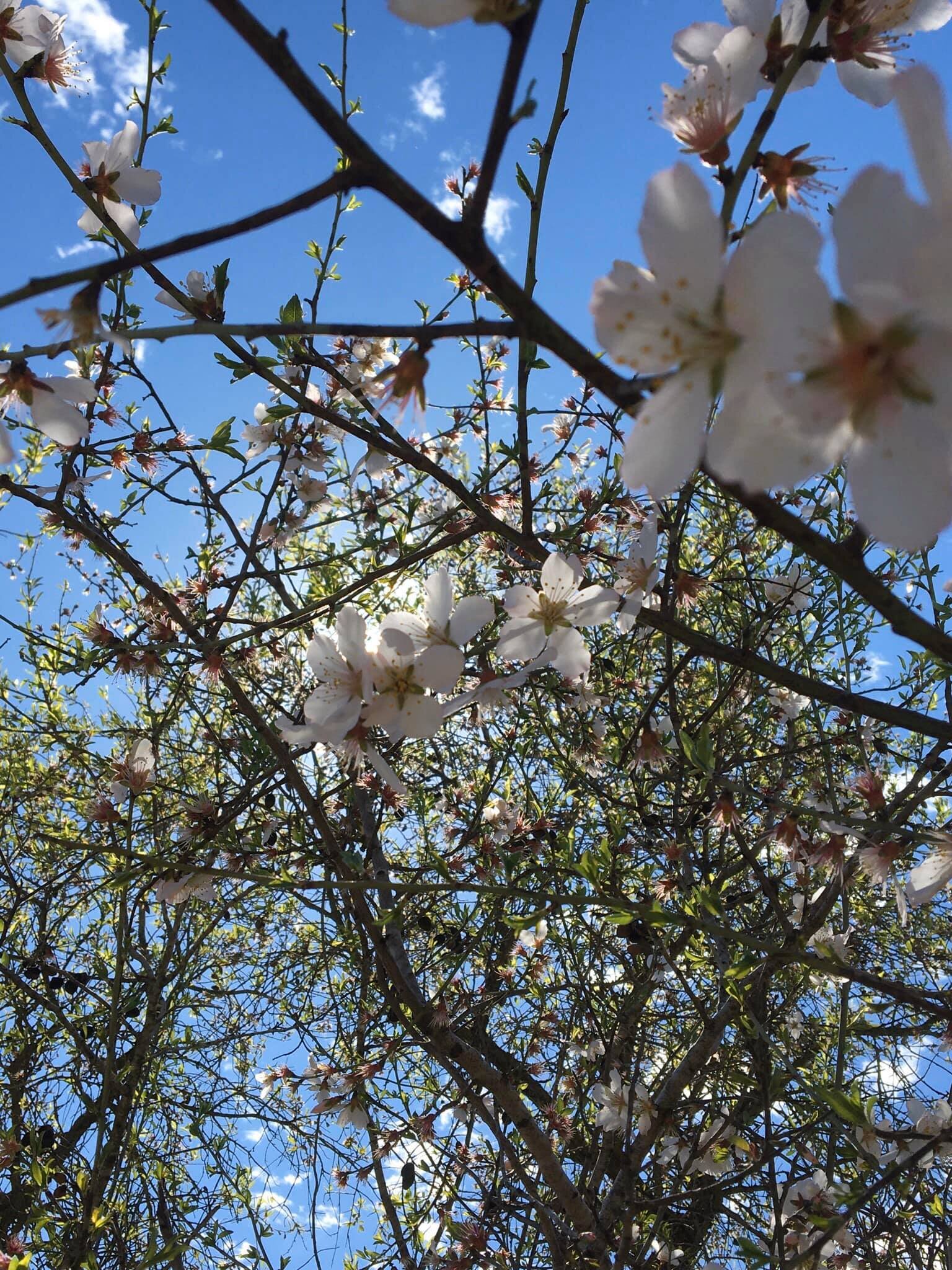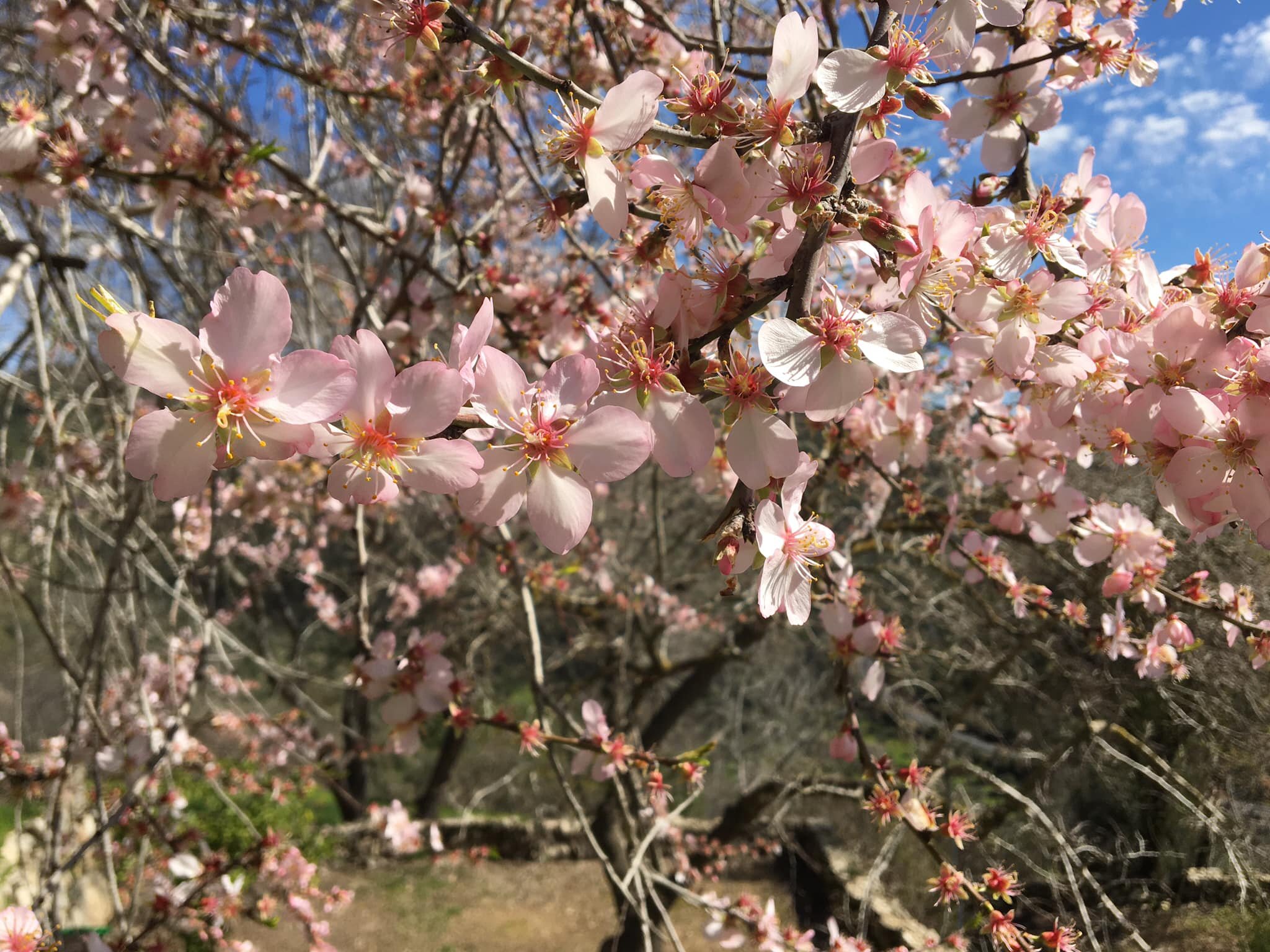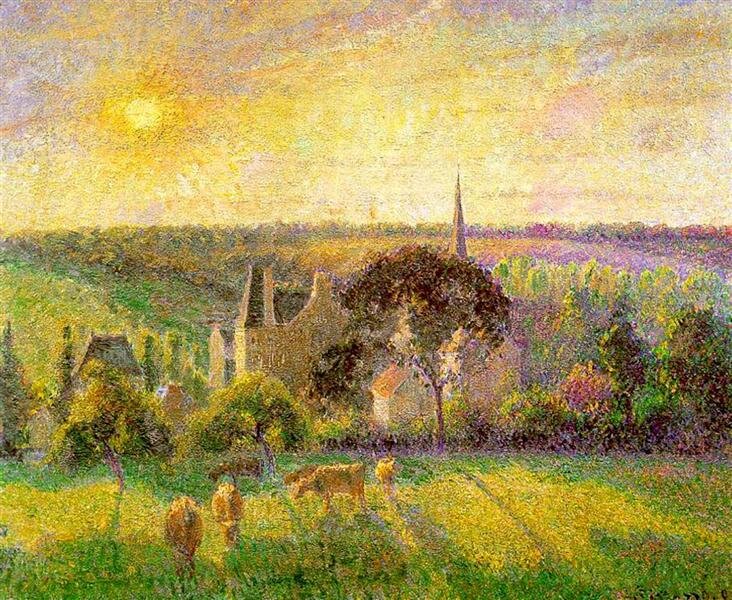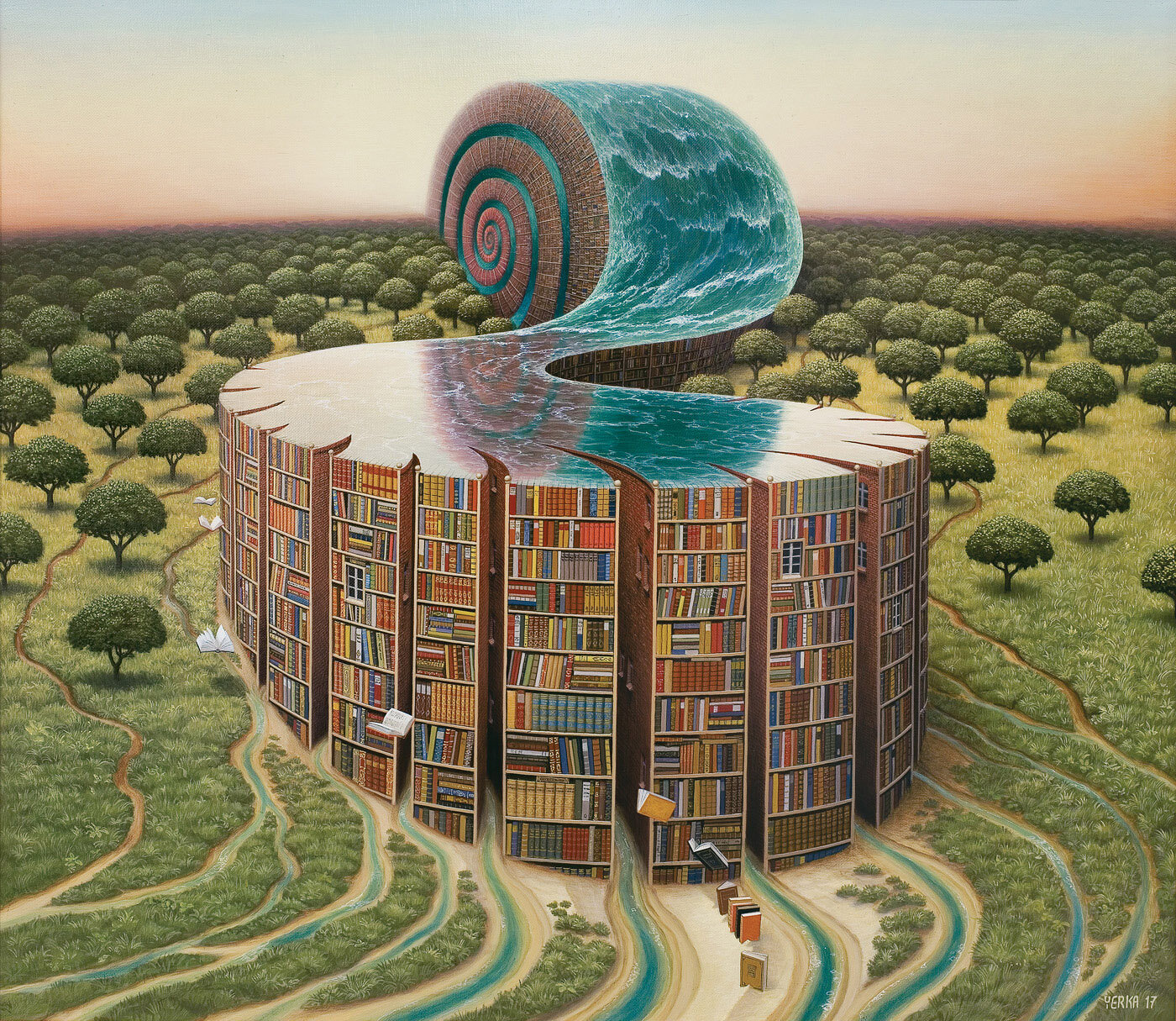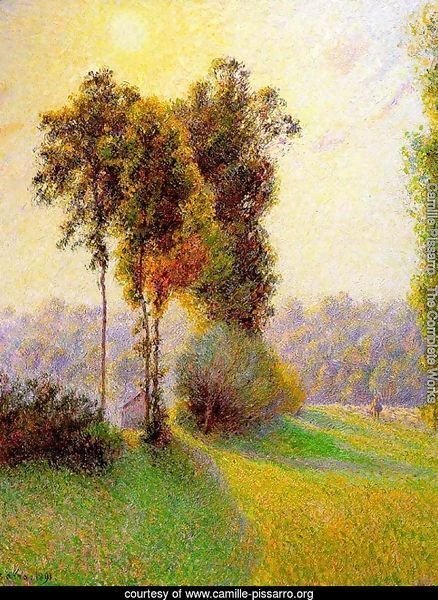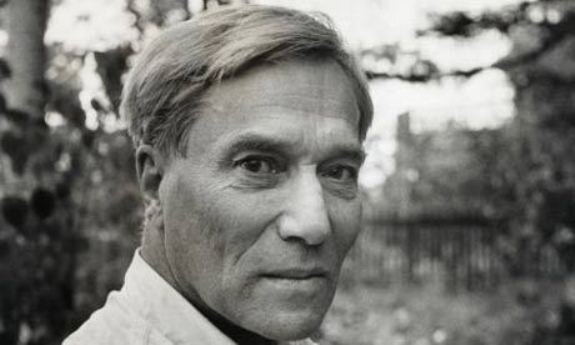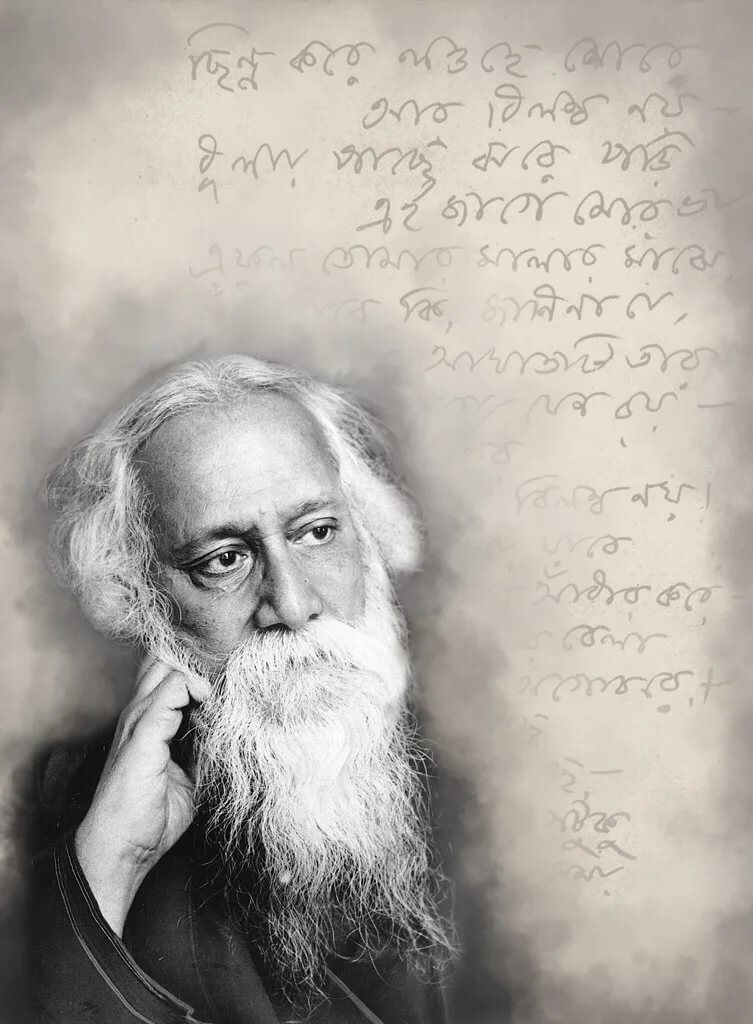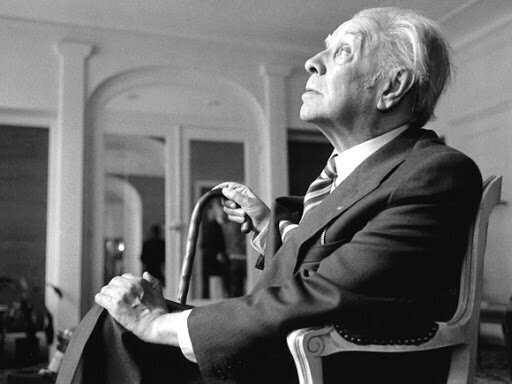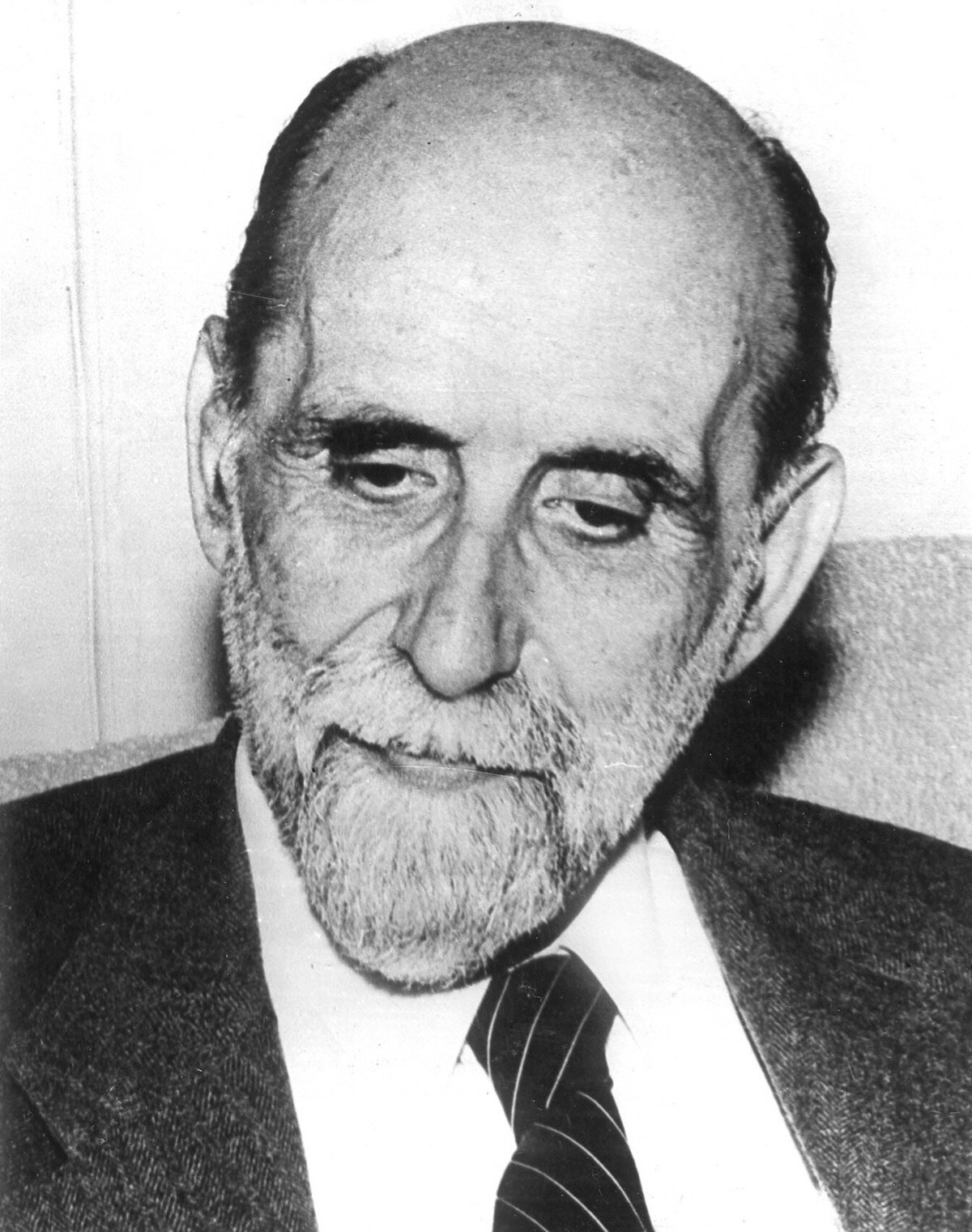Life beyond science
My photos, favourite poems and art

Photography and art

Poetry and translations
The Idea of Order at Key West
She sang beyond the genius of the sea.
The water never formed to mind or voice,
Like a body wholly body, fluttering
Its empty sleeves; and yet its mimic motion
Made constant cry, caused constantly a cry,
That was not ours although we understood,
Inhuman, of the veritable ocean.
The sea was not a mask. No more was she.
The song and water were not medleyed sound
Even if what she sang was what she heard,
Since what she sang was uttered word by word.
It may be that in all her phrases stirred
The grinding water and the gasping wind;
But it was she and not the sea we heard.
For she was the maker of the song she sang.
The ever-hooded, tragic-gestured sea
Was merely a place by which she walked to sing.
Whose spirit is this? we said, because we knew
It was the spirit that we sought and knew
That we should ask this often as she sang.
If it was only the dark voice of the sea
That rose, or even colored by many waves;
If it was only the outer voice of sky
And cloud, of the sunken coral water-walled,
However clear, it would have been deep air,
The heaving speech of air, a summer sound
Repeated in a summer without end
And sound alone. But it was more than that,
More even than her voice, and ours, among
The meaningless plungings of water and the wind,
Theatrical distances, bronze shadows heaped
On high horizons, mountainous atmospheres
Of sky and sea.
It was her voice that made
The sky acutest at its vanishing.
She measured to the hour its solitude.
She was the single artificer of the world
In which she sang. And when she sang, the sea,
Whatever self it had, became the self
That was her song, for she was the maker. Then we,
As we beheld her striding there alone,
Knew that there never was a world for her
Except the one she sang and, singing, made.
Ramon Fernandez, tell me, if you know,
Why, when the singing ended and we turned
Toward the town, tell why the glassy lights,
The lights in the fishing boats at anchor there,
As the night descended, tilting in the air,
Mastered the night and portioned out the sea,
Fixing emblazoned zones and fiery poles,
Arranging, deepening, enchanting night.
Oh! Blessed rage for order, pale Ramon,
The maker’s rage to order words of the sea,
Words of the fragrant portals, dimly-starred,
And of ourselves and of our origins,
In ghostlier demarcations, keener sounds.
Ты значил все в моей судьбе.
Потом пришла война, разруха,
И долго-долго о Тебе
Ни слуху не было, ни духу.
И через много-много лет
Твой голос вновь меня встревожил.
Всю ночь читал я Твой Завет
И как от обморока ожил.
Мне к людям хочется, в толпу,
В их утреннее оживленье.
Я все готов разнесть в щепу
И всех поставить на колени.
И я по лестнице бегу,
Как будто выхожу впервые
На эти улицы в снегу
И вымершие мостовые.
Везде встают, огни, уют,
Пьют чай, торопятся к трамваям.
В теченье нескольких минут
Вид города неузнаваем.
В воротах вьюга вяжет сеть
Из густо падающих хлопьев,
И чтобы во-время поспеть,
Все мчатся недоев-недопив.
Я чувствую за них за всех,
Как будто побывал в их шкуре,
Я таю сам, как тает снег,
Я сам, как утро, брови хмурю.
Со мною люди без имен,
Деревья, дети, домоседы.
Я ими всеми побежден,
И только в том моя победа.
You were my life sometime ago.
Then came the war, the devastation.
You vanished, leaving me alone,
Without a trace or explanation.
When many years had passed me by,
Your voice awakened me by chance.
I sat and read Your Word all night
And came to life out of a trance.
Since then, I feel more drawn to people,
To blend into the morning crowd.
I’ll cause commotion and upheaval
And send the sinners bowing down.
Outside I rush for this alone.
Like for the first time, standing speechless,
I see these streets and snowy roads,
These desolate, abandoned bridges.
I’m welcomed everywhere I visit.
There’s light and comfort, and time flies.
And in a matter of just minutes,
The landscape can’t be recognized.
The blizzard’s weaving by the gate
From falling snow that won’t diminish.
In haste, not wanting to be late,
The people leave their meals unfinished.
For all of them, I feel compassion,
As if their troubles are my own.
I melt, myself, like snowflakes ashen,
And knit my brows like the dawn.
I walk among these nameless men.
Before my eyes, the world is spinning!
I lose myself in all of them,
And only in this is my winning.
Я так давно родился,
Что слышу иногда,
Как надо мной проходит
Студеная вода.
А я лежу на дне речном,
И если песню петь
-С травы начнем,
песку зачерпнем
И губ не разомкнем.
Я так давно родился,
Что говорить не могу,
И город мне приснился
На каменном берегу.
А я лежу на дне речном
И вижу из воды
Далекий свет,
высокий дом,
Зеленый луч звезды.
Я так давно родился,
Что если ты придешь
И руку положишь мне на глаза,
То это будет ложь,
А я тебя удержать не могу,
И если ты уйдешь
И я за тобой не пойду, как слепой,
То это будет ложь.
I was born so long ago
That sometimes I can hear
How frigid waters passes
Above me, quite near.
I’m lying on the river bed,
And should I try to sing -
The weeds are spread, I’m gulping sand,
And lips are shut again.
I was born so long ago
My speech has long been lost,
I’ve dreamt about a town aglow
Upon the rocky coast.
I’m lying on the river bed
And I see from afar,
The distant light, the house ahead,
The green glow of a star.
I was born so long ago
That if you should come by
And place your hands upon my eyes
Then it will be a lie.
But I cannot detain you here
And if you leave and I
Don’t follow you, as though I’m blind,
Then it will be a lie.
"Мои мечты и чувства в сотый раз
Идут к тебе дорогой пилигримов"
В. Шекспир
Мимо ристалищ, капищ,
мимо храмов и баров,
мимо шикарных кладбищ,
мимо больших базаров,
мира и горя мимо,
мимо Мекки и Рима,
синим солнцем палимы,
идут по земле пилигримы.
Увечны они, горбаты,
голодны, полуодеты,
глаза их полны заката,
сердца их полны рассвета.
За ними поют пустыни,
вспыхивают зарницы,
звезды горят над ними,
и хрипло кричат им птицы:
что мир останется прежним,
да, останется прежним,
ослепительно снежным,
и сомнительно нежным,
мир останется лживым,
мир останется вечным,
может быть, постижимым,
но все-таки бесконечным.
И, значит, не будет толка
от веры в себя да в Бога.
...И, значит, остались только
иллюзия и дорога.
И быть над землей закатам,
и быть над землей рассветам.
Удобрить ее солдатам.
Одобрить ее поэтам.
“For then my thoughts–from far where I abide–
Intend a zealous pilgrimage to thee…”
W. Shakespeare
Past temples, arenas,
Past taverns and churches,
Past markets and regal
Graveyards, emerging,
Past peace and past woe,
Past Mecca and Rome,
Scorched in blue glow,
The pilgrims, they roam.
Their hunger is constant,
They’re crippled, half-nude.
Their eyes - full of sunset.
Hearts - sunrise-imbued.
And lightning is flaring,
And deserts sing, churning,
And stars rise up, glaring,
And birds, call out sternly
That everything’s settled,
The world is all settled,
In snow-covered splendor,
And doubtfully gentle,
The world is eternal,
Deceitful and senseless,
Perhaps, men can learn it,
But it will stay endless.
So faith is in vain -
In oneself self and in god,
…And all that remains
Is to keep moving on.
And the earth shall be greeted
By the sun's faithful rays.
Fallen soldiers will feed it.
Poets - offer it praise.
-- Что ты делаешь, птичка,
на черной ветке,
оглядываясь тревожно?
Хочешь сказать, что рогатки метки,
но жизнь возможна?
-- Ах нет, когда целятся из рогатки,
я не теряюсь.
Гораздо страшнее твои догадки;
на них я и озираюсь.
-- Боюсь, тебя привлекает клетка,
и даже не золотая.
Но лучше петь сидя на ветке; редко
поют, летая.
-- Неправда!
Меня привлекает вечность.
Я с ней знакома.
Ее первый признак --
бесчеловечность.
И здесь я -- дома.
-- What are you doing, birdie, in dismay,
looking back, unpeaceable?
The slingshot is well-aimed, you say,
but life is feasible?
-- That’s not it at all. When the slingshot aims,
I am hardly stirred.
Much more frightening are your claims;
Hence, I feel disturbed.
-- I can see, you want the cage, scared,
and not one of gold, I worry.
It's best to sing on a branch; it’s rare
to sing while soaring.
-- Lies! I reach for eternity, with persistence.
She is well known.
Her first sign is man's nonexistence.
Then, I know - I'm home.
Blind wander at night…
by Joseph Brodsky
Слепые блуждают ночью.
Ночью намного проще
перейти через площадь.
Слепые живут наощупь,
трогая мир руками,
не зная света и тени
и ощущая камни:
из камня делают стены.
За ними живут мужчины.
Женщины.
Дети.
Деньги.
Поэтому несокрушимые
лучше обойти стены.
А музыка – в них упрется.
Музыку поглотят камни.
И музыка умрет в них,
захватанная руками.
Плохо умирать ночью.
Плохо умирать наощупь.
Так, значит, слепым – проще...
Слепой идет через площадь.
A Hundred Years From Now
by Rabindranath Tagore
В грядущем, через сто лет
от наставшего ныне дня,
Кем ты будешь,
Читатель стихов, оставшихся от меня?
В грядущее, через сто лет
от наставшего ныне дня,
удастся ли им донести
частицу моих рассветов,
Кипение крови моей
И пенье птиц, и радость весны,
И свежесть цветов, подаренных мне,
И странные сны,
И реки любви?
Сохранят ли песни меня
В грядущем, через сто лет
от наставшего ныне дня?
Не знаю, и все же, друг, ту дверь,
что выходит на юг,
Распахни; присядь у окна, а потом,
Дали завесив дымкой мечты,
Вспомни о том,
Что в былом, до тебя ровно за сто лет,
Беспокойный ликующий трепет,
оставив бездну небес,
К сердцу земли приник,
приветом ее согрет.
И тогда же, освобожденный
приходом весны из пут,
Охмелевший, безумный,
самый нетерпеливый на свете
Ветер, несущий на крыльях пыльцу
и запах цветов,
Южный ветер
Налетел и заставил землю цвести.
В былом, до тебя ровно за сто лет.
День был солнечен и чудесен.
С душою, полною песен,
В мир тогда явился поэт,
Он хотел, чтоб слова, как цветы, цвели,
А любовь согревала, как солнечный свет,
В былом, до тебя ровно за сто лет.
В грядущем, через сто лет
от наставшего ныне дня,
Поющий новые песни поэт
Принесет в твой дом привет от меня
И сегодняшней юной весны,
Чтобы песни моей
весенний ручей слился, звеня,
С биением крови твоей,
с жужжаньем твоих шмелей
И с шелестом листьев, что манит меня
В грядущее, через сто лет
от наставшего ныне дня.
Перевод А.Сендыка
A hundred years from now
Who could you be
Reading my poem curiously
A hundred years from now!
How can I transmit to you who are so far away
A bit of the joy I feel this day,
At this new spring dawn,
The beauty of flowers this day
Songbirds that keep chirping away
Of the crimson glow of the setting sun.
How can I leave them all with my love,
And hope you will make them your own
A hundred years from now?
However, if you keep your southern door ajar,
Sit by your window and look afar
View the horizon stretch endlessly
And imagine this possibility—
That one day a hundred years from now,
Excitement from some heaven above could flow
Could strike your inmost heart and make it glow,
That on a bright spring day
When you were feeling restless and carefree—
Suddenly,
There could blow with the southern breeze,
Impatient and eager to please,
Flying on restless wings,
Full of pollen and the scent of flowers,
And of what youth desires,
An impulse from me that could make your soul sway.
At a time a hundred years away!
A soul carried away by the tunes
Overwhelmed by the flowers on display,
Had then burst into poetry,
Lovingly,
A hundred years from now!
A hundred years from now
Who will that new poet be
Singing in your festival merrily?
I send him my spring greetings—
Hoping he will make them his own
Let my spring song resound in your spring day
For a while let my tune stay—
In the fluttering of your soul, the humming bees,
And murmuring in leaves,
A hundred years from now!
translated by Fakrul Alam
Trofeo
by Jorge Luis Borges
Подобно тому, кто исколесил все побережье,
удивленный обилием моря,
вознагражденный светом
и щедрым пространством,
так и я созерцал твою красоту
весь этот долгий день.
Вечером мы расстались,
и, в нарастающем одиночестве,
возвращаясь по улице,
чьи лица тебя еще помнят,
откуда-то из темноты, я подумал:
будет и в самом деле
настоящей удачей, если хотя бы одно или два
из этих великолепных воспоминаний
останутся украшением души
в ее нескончаемых странствиях.
перевод Андрея Щетникова
Como quien recorre una costa
maravillado de la muchedumbre del mar,
albriciado de luz y pródigo espacio,
yo fui el espectador de tu hermosura
durante un largo día.
Nos despedimos al anochecer
y en gradual soledad
al volver por la calle cuyos rostros aún te conocen,
se oscureció mi dicha, pensando
que de tan noble acopio de memorias
perdurarían escasamente una o dos
para ser decoro del alma
en la inmortalidad de su andanza.
Take from my palms and let it give you gladness…
by Osip Mandelshtam
Возьми на радость из моих ладоней
Немного солнца и немного меда,
Как нам велели пчелы Персефоны.
Не отвязать неприкрепленной лодки,
Не услыхать в меха обутой тени,
Не превозмочь в дремучей жизни страха.
Нам остаются только поцелуи,
Мохнатые, как маленькие пчелы,
Что умирают, вылетев из улья.
Они шуршат в прозрачных дебрях ночи,
Их родина - дремучий лес Тайгета,
Их пища - время, медуница, мята.
Возьми ж на радость дикий мой подарок -
Невзрачное сухое ожерелье
Из мертвых пчел, мед превративших в соты.
Take from my palms and let it give you gladness -
A thimbleful of sunshine and some honey
As will of bees of Persephone-goddess.
You can't untie the boat that isn't fastened,
As can't you hear creeping steps of fur boots,
In barbarous life the fear is invincible.
All what is left to us are only kisses,
As fluffy as the little bees, flying
And dying soon as they leave their hive.
In night's transparent thickets they are rustling.
Their home land is wilds of Taÿgetus.
Their foods are time, the lungwort and the spearmint.
Though wild it is, but take it for your gladness -
My present is the fragile feeble necklace
From dried dead bees that packed their comb of honey.
Los caminos de la tarde
by Juan Ramon Jimenez
Ночь и ночная дорога -
это одно и то же.
К тайне твоей любви
иду по черному бездорожью.
К тайне твоей любви -
ветром морей тревожных,
светом горных вершин,
ароматной цветочной дрожью.
Los caminos de la tarde
se hacen uno, con la noche.
Por él he de ir a ti,
amor que tanto te escondes.
Por él he de ir a ti,
como la luz de los montes,
como la brisa del mar,
como el olor de las flores.

